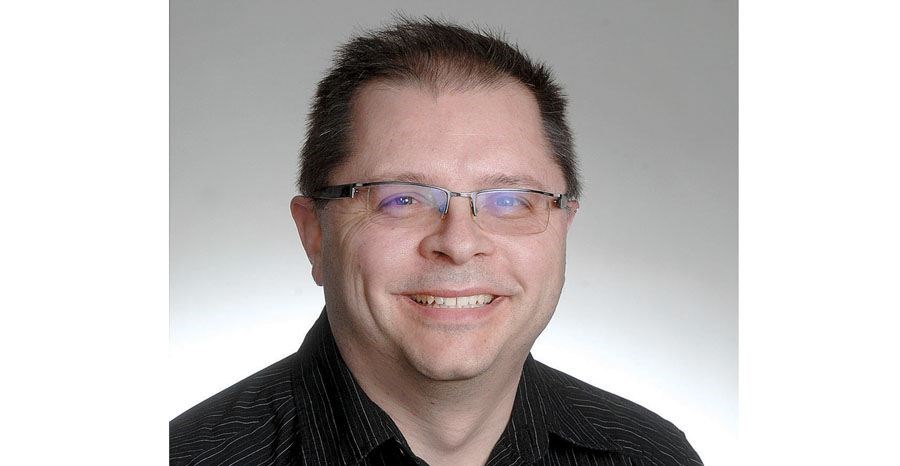UNBC president Daniel Weeks gave a passionate speech Saturday afternoon at UNBC's 25th anniversary community celebration.
His 25-minute talk respectfully paid tribute to the creators and builders of UNBC but the heart of it was looking forward and the important role the entire region must play for UNBC to continue to not only survive but thrive in challenging times.
It took vision to see how an interior university based in Prince George could transform the city. That vision was first articulated by Tom Steadman, Charles McCaffrey and former Citizen publisher Bryson Stone in 1987. Three years and an incredible amount of local and regional support later, the provincial government approved the university and, four years after that, the Queen came to Prince George to open the new campus.
In 2000, Prince George residents filled CN Centre (known as the Multiplex at the time) to demand better health care and more doctors. The rally led to the Northern Medical Program, the Charles Jago Northern Sport Centre and even the award-winning bioenergy plant.
UNBC's history speaks volumes about residents banding together to demand political action. "Where else has a university been born as the result of a social movement, a cry from the people of a diverse region that demanded more?" Weeks asked.
The outcome of that activism is a highly-decorated university, top-drawer faculty, young people staying in the city and region for their education and then staying here after graduation to start businesses and take leadership roles across the region.
There are challenges on the horizon, however, that Weeks bluntly identified - a dwindling K-12 student base across central and northern B.C. and far more degree-granting schools in B.C. than there were 20 years ago.
These challenges are opportunities for UNBC to write its next 25-year chapter. Weeks stressed how UNBC needs to be not just a university for the north but a university for the province, the country and the world for it to prosper. In the wake of this spring's acrimonious faculty strike, he offered an olive branch to faculty and staff Saturday, acknowledging their work as builders of the university and stressing their essential participation in UNBC's future. He also praised the 16,000 people who paid $5 to sign the 1988 petition that led to the creation of UNBC and invited the broader community to continue to support its university.
As a newcomer to Prince George, however, Weeks was polite to a fault. Prince George and area residents, including faculty and staff, need not just prodding but a firm kick in the pants to do more for UNBC specifically and for regional development in general. That 2000 health care rally was the last time a large, community-driven rally for change was held in Prince George. Sure, there have been significant donations made towards UNBC enhancement and the Kordyban Cancer Lodge, along with small outpourings of grief for victims of Cody Legebokoff and demands for a national inquiry into missing and murdered aboriginal women, but nothing that has engaged the entire population - rich and poor, businesses and unions, aboriginal and non-aboriginal, Prince George and the surrounding rural communities.
Every time this area has seen a broad uprising of support for change, demanding action from government in Victoria and Ottawa, along with a pledges of financial support from local government and the wallets of residents, hospitals were built or renovated, airports and runways were improved, highways were updated and enhanced, and construction was approved for new schools, libraries, arenas, care facilities and community centres.
Sadly, too much complaining for more starts and ends at the kitchen table, the staff lunchroom table and the coffee shop table, rather than generating action, investment, planning and protest.
"I don't get paid enough by my employer," "I pay too much taxes," "I already donate enough" and "the powers that be don't care" are all excuses that get in the way of progress.
History shows when area residents have put those excuses aside and come together, change happens and happens fast.
Specific to UNBC, it's time a new group of 16,000 (or more!) mobilize to fight for the university and for education as a whole, pledging both their dollars and their political support. More broadly speaking, it's time for a new generation of community builders and organizers to step up and it's time for those past leaders to step forward once more, this time for their grandchildren.
If that doesn't happen, UNBC, Prince George and the entire region will not live up to their promise or their potential.
-- Managing editor Neil Godbout



